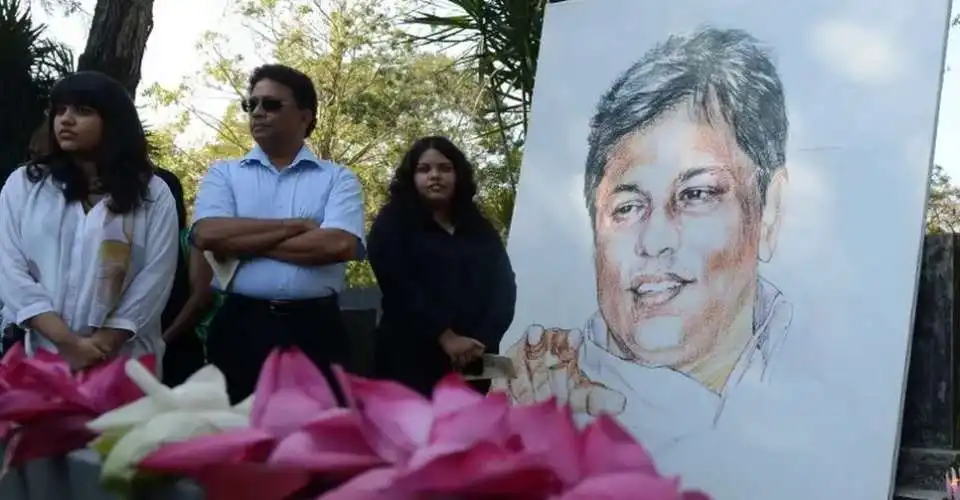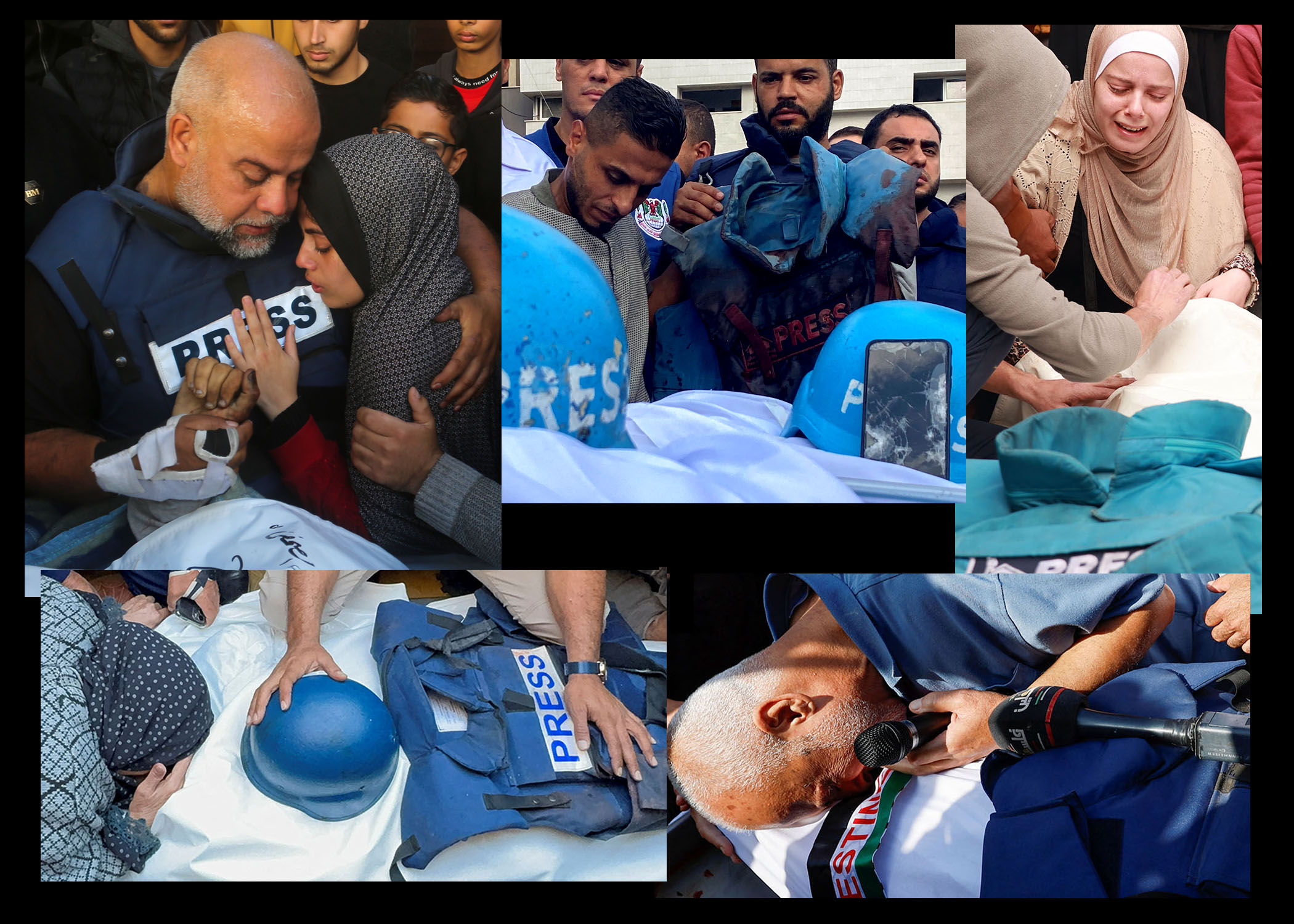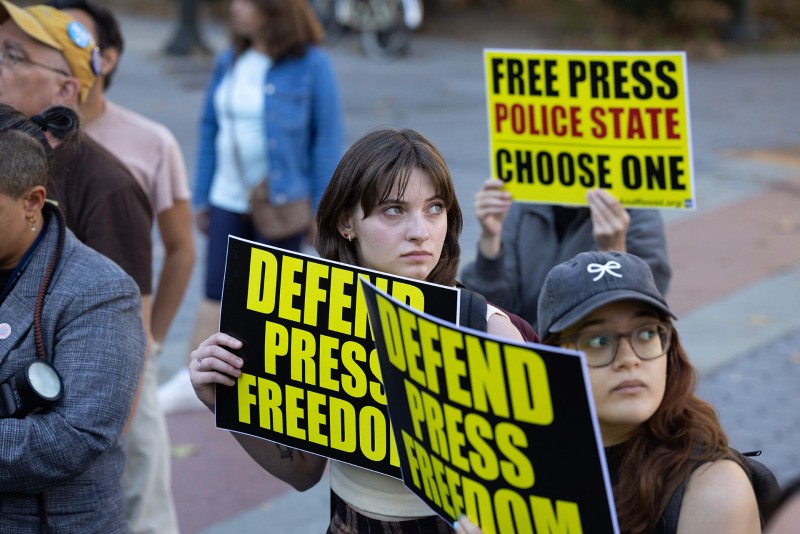
Sri Lankans Rally for Justice and Press Freedom on Anniversary of Journalist’s Murder
January 7, 2025
RSF Urges Egypt to Free Alaa Abdel Fattah as His Mother Reaches 100 Days on Hunger Strike
January 7, 2025January 07, 2025 – General –
The year 2024 was one of the deadliest in recent memory for journalists, with 122 media workers killed worldwide, according to the International Federation of Journalists (IFJ). This tragic figure, the highest since 2012, underscores the growing dangers faced by those reporting from the frontlines of war, repression, and political unrest. Over 60% of the deaths occurred in the Middle East and Arab world, with Gaza and Lebanon among the most perilous regions.
At least 14 of the victims were women journalists, reflecting both the increasing involvement of women in conflict reporting and the indiscriminate nature of the violence. The war in Gaza alone accounted for a staggering proportion of the deaths, prompting rights organizations to question whether journalists are being directly targeted or treated as collateral damage in military operations.
Alongside killings, the number of imprisoned journalists has also surged. The IFJ reports that 516 journalists were behind bars globally by the end of 2024—an increase from 427 in the previous year. China continues to top the list with 135 jailed journalists, followed by Israel (59), mostly Palestinian media workers, and Myanmar (44).
While the IFJ recorded 122 deaths, the Committee to Protect Journalists (CPJ) reported 124 fatalities, with nearly 70% linked to Israeli military actions in Gaza. CPJ labeled 2024 the deadliest year for journalists since it began keeping records, with 85 journalists killed in Gaza alone.
These figures reveal not only the mounting risks to journalists in conflict zones but also the broader erosion of global press freedom. International watchdogs, including IFJ, CPJ, and Reporters Without Borders, are calling for a binding UN convention to protect journalists, ensure accountability for those responsible for attacks, and safeguard the right to report freely and safely.
The 2024 toll serves as a grim reminder: as violence, impunity, and repression grow, journalism remains under siege. Without urgent action to uphold legal protections and enforce accountability, the world risks losing the critical voices that document truth in times of war and crisis.




